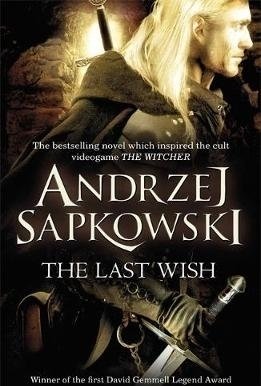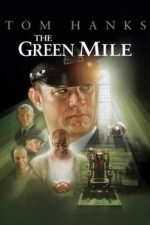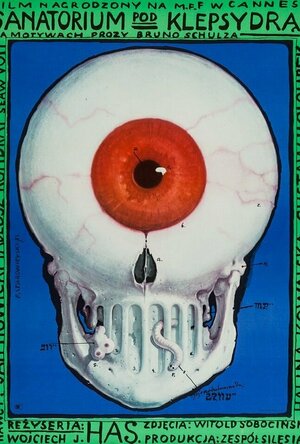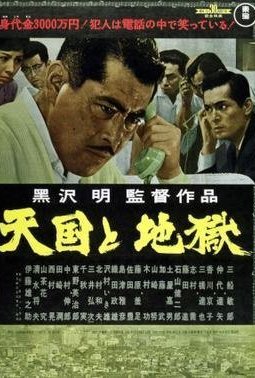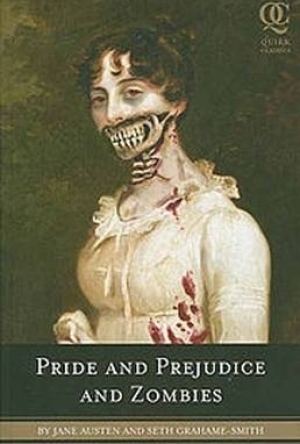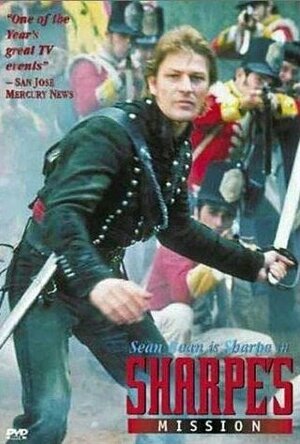Search
Katherine (1 KP) rated The Last Wish in Books
Dec 20, 2019
Surprise
I picked up this book knowing that the series was starting on Netflix. I did not expect to be sucked in and unable to put the book down until I finished three days later nor did I expect to then go out and purchase the rest of the series based solely on the stories and writing of the first book. it is a relatively easy read but still full of interesting characters and stories and I'm looking forward to seeing them fleshed out further.
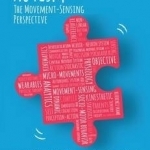
Autism: The Movement Sensing Perspective
Elizabeth B. Torres and Caroline Whyatt
Book
This is the first book to present the movement approach to autism in a comprehensive way,...
David McK (3692 KP) rated Dragon's Child (King Arthur, #1) in Books
Jan 30, 2019
First in a trilogy of novels based on the legend of King Arthur, this is a fictional retelling of the early years of the life of the man behind the legend, from his early years as a foster son to the one of last of the Romans in Britain, up to his coronation as High King.
By taking the tack of telling the story of the man behind the legend, the novel loses much of the splendour and grandeur of that legend, replacing it instead with more mundane events that would become exagerrated over time.
While I may read the next two novels out of curiosity, I'm afraid to say that, based on this work, I wouldn't be going out of my way to look for any further of MK Hume's novels.
By taking the tack of telling the story of the man behind the legend, the novel loses much of the splendour and grandeur of that legend, replacing it instead with more mundane events that would become exagerrated over time.
While I may read the next two novels out of curiosity, I'm afraid to say that, based on this work, I wouldn't be going out of my way to look for any further of MK Hume's novels.
Daisy (166 KP) rated The Green Mile (1999) in Movies
May 7, 2017
Thoughtful, intelligent movie for older teens and adults. (2 more)
Tom Hank's, as usual, is superb.
Well crafted and moving story.
based on King's 1996 serialized novel set in a prison. In 1935, inmates at the Cold Mountain Correctional Facility call Death Row "The Green Mile" because of the dark green linoleum that tiles the floor.
Bjork recommended The Hour-Glass Sanatorium (1973) in Movies (curated)
Alec Baldwin recommended High and Low (1963) in Movies (curated)
he topic for this months book club pick, was a book made into a movie. And since I bought this book years ago I thought I would read it.
What a disappointment.
I thought it was going to be loosely based on the classic novel by Jane Austen, when in actuality it's her novel word for word, but with a few zombies thrown in for good measure....oh and also ninjas, because that makes sense.
I thought this book had quite a good sense of premise about it, but come on get a bit of originality.
I wouldn't particularly reccomend this book.
What a disappointment.
I thought it was going to be loosely based on the classic novel by Jane Austen, when in actuality it's her novel word for word, but with a few zombies thrown in for good measure....oh and also ninjas, because that makes sense.
I thought this book had quite a good sense of premise about it, but come on get a bit of originality.
I wouldn't particularly reccomend this book.
David McK (3692 KP) rated Sharpe's Mission (1996) in Movies
Dec 8, 2022 (Updated Jan 1, 2026)
Sharpe's Mission.
This, I believe, is the only Sean Bean led Sharpe made-for-TV movie NOT to be based on a Sharpe novel by Bernard Cornwell, even although it is written well enough that it very well could have been!
As with all of the Sharpe stories, you know pretty much what to expect: Sharpe is sent on a dangerous mission (here, to blow up a French ammunition supply during the closing stages of the Peninsular War), and ends up fighting just as much against those in authority on his own side as against the French ...
This, I believe, is the only Sean Bean led Sharpe made-for-TV movie NOT to be based on a Sharpe novel by Bernard Cornwell, even although it is written well enough that it very well could have been!
As with all of the Sharpe stories, you know pretty much what to expect: Sharpe is sent on a dangerous mission (here, to blow up a French ammunition supply during the closing stages of the Peninsular War), and ends up fighting just as much against those in authority on his own side as against the French ...
TB
The Bell Jar
Book
I was supposed to be having the time of my life. When Esther Greenwood wins an internship on a...
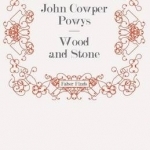
Wood and Stone
Book
"Wood and Stone" was John Cowper Powys' first novel published in 1915. It is no prentice-work...
